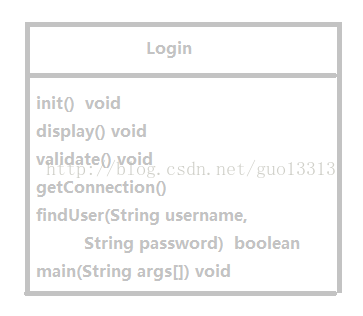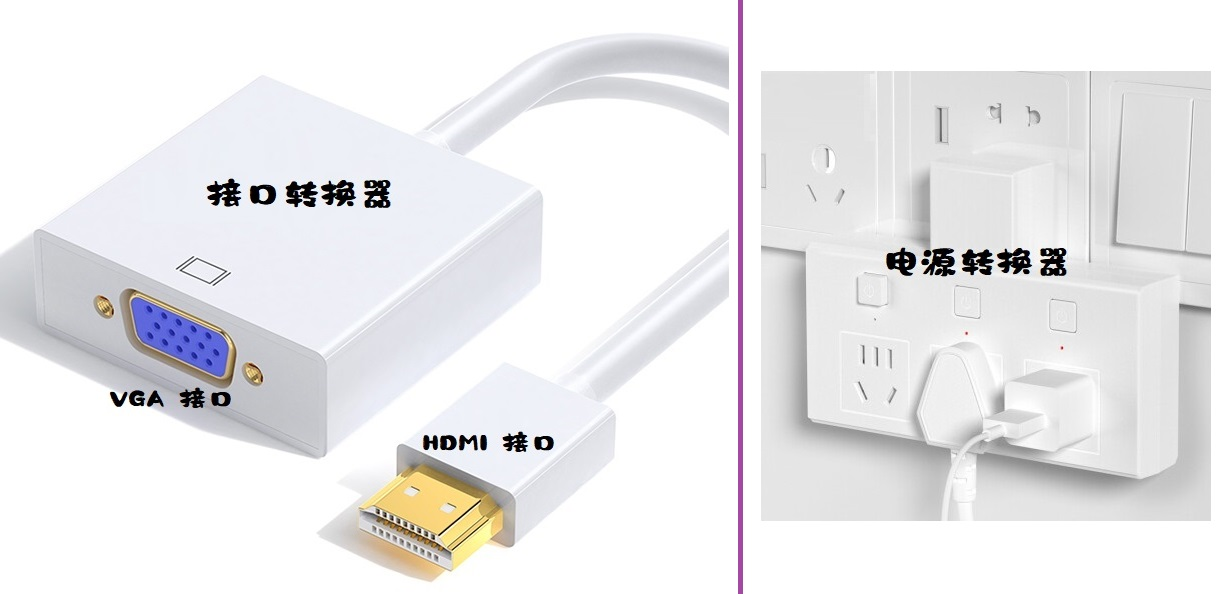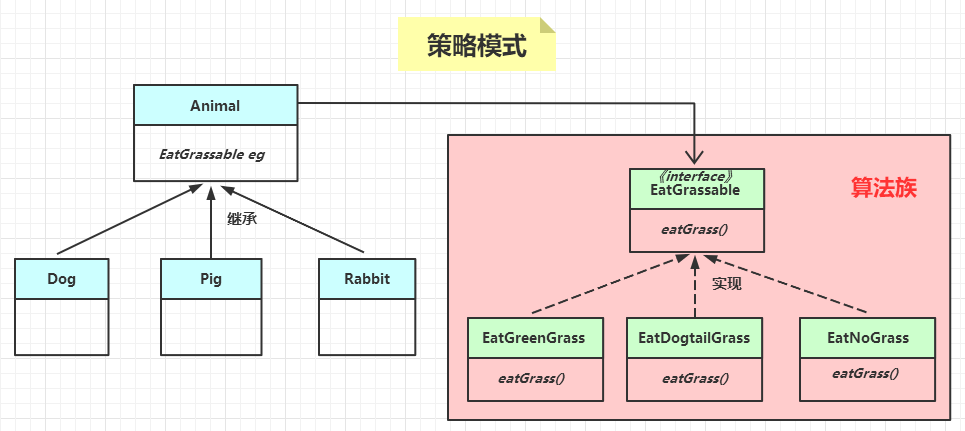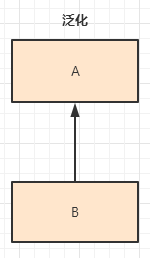一、 软件设计模式
为更好地理解依赖注入的概念,以及如何将其应用于MVC程序中,首先了解一下软件设计模式是很有必要的。1 、设计模式——控制反转模式
代码如下:
public class EmailService
{
public void SendMessage() { }
}
//NotificationSystem类依赖于EmailService类。
//当一个组件依赖于其他组件时,我们称其为耦合。
//通知系统(NotificationSystem)在其构造函数内部直接创建e-mail服务的一个实例
//通知系统精确地知道创建和使用了哪种类型服务(高耦合)
//当修改一个类(EmailService)很可能破坏依赖于它的另一个类(NotificationSystem)
public class NotificationSystem
{
private EmailService svc;
public NotificationSystem()
{
svc = new EmailService();
}
public void InterestingEnentHappened()
{
svc.SendMessage();
}
}上面代码设计存在一个问题:系统管理员想得到文本信息而不是电子邮件。
为降低组件之间的耦合程度,一般采取两个独立单相关的步骤:
(1)在两块代码之间引用抽象层
通常使用接口(或抽象类)来代表两个类之间的抽象层。
我们引用一个接口来代表抽象层,并确保编写的代码只调用接口中的方法和属性。
这样一来,NotificationSystem类中的私有副本就变成接口的一个实例,而不再是具体类型,并且构造函数隐藏了时间类型。
代码如下:
public interface IMessagingService
{
void SendMessage();
}
public class EmailService:IMessagingService
{
public void SendMessage() { }
}
public class NotificationSystem
{
private IMessagingService svc;
public NotificationSystem()
{
svc = new EmailService();
}
public void InterestingEnentHappened()
{
svc.SendMessage();
}
}
(2)、把选择抽象实现的责任移到消费类的外部。
把 EmailService类的创建移到NotificationSystem类的外面。
控制反转模式是抽象的,它只是表述应该从消费者类中移除依赖创建,而没有表述如何实现。
用控制反转模式实现责任转移的两种常用方法:服务定位器和依赖注入。
2、 设计模式——服务定位器
(1)、强类型服务定位器
//服务定位器(已经预先知道IMessagingService类型对象)
public interface IServiceLocator
{
IMessagingService GetMessagingService();
}
public interface IMessagingService
{
void SendMessage();
}
public class EmailService:IMessagingService
{
public void SendMessage() { }
}
public class NotificationSystem
{
private IMessagingService svc;
public NotificationSystem(IServiceLocator locator)
{
svc = locator.GetMessagingService();
}
public void InterestingEnentHappened()
{
svc.SendMessage();
}
}
(2)、弱类型服务定位器
//弱类型服务定位器,它允许请求任意服务类型
public interface IServiceLocator
{
//Object版本的GetService
Object GetService(Type serviceType);
////从.NET 2.0引入泛型以来,出现泛型版本GetService
//TService GetService<TService>();
}
//IServiceLocator扩展方法
public static class ServiceLocatorExtensions
{
public static TService GetService<TService>(this IServiceLocator locator)
{
return (TService)locator.GetService(typeof(TService));
}
}
public interface IMessagingService
{
void SendMessage();
}
public class EmailService:IMessagingService
{
public void SendMessage() { }
}
public class NotificationSystem
{
private IMessagingService svc;
public NotificationSystem(IServiceLocator locator)
{
svc = (IMessagingService)locator.GetService(typeof(IMessagingService));//Object版本
svc = locator.GetService<IMessagingService>();//泛型版本
}
public void InterestingEnentHappened()
{
svc.SendMessage();
}
}
服务定位器的用法比较简单:我们先从某个地方得到服务定位器,然后利用定位器查询依赖。
组件需求的不透明性,促使我们选择下一个反转控制模式:依赖注入
3 、设计模式—— 依赖注入
//服务接口
public interface IMessagingService
{
void SendMessage();
}
//邮件服务
public class EmailService:IMessagingService
{
public void SendMessage() { }
}
(1)、构造函数注入
//通知系统
public class NotificationSystem
{
private IMessagingService svc;
//构造函数中实现 IMessagingService 接口实例
public NotificationSystem(IMessagingService service)
{
this.svc = service;
}
public void InterestingEnentHappened()
{
svc.SendMessage();
}
}
(2)、属性依赖注入
通过对象上的公共属性来注入依赖。
public class NotificationSystem
{
public IMessagingService MessagingService
{
get;
set;
}
public void InterestingEnentHappened()
{
if (MessagingService == null)
{
throw new InvalidOperationException("先设置MessagingService");
}
MessagingService.SendMessage();
}
}
二、 MVC中的依赖解析
在ASP.NET MVC中的应用
ASP.NET MVC与容器交换的主要方式就是通过为ASP.NET MVC 应用程序创建的一个接口:IDependencyReSolver
public interface IDependencyReSolver
{
object GetService(Type serviceType);
IEnumerable<object> GetService(Type serviceType);
}
该接口 由ASP.NET MVC 框架本身使用。当注册一个依赖注入容器(或服务定位器)时,我们需要实现该接口。
通常可以在Global.asax文件中注册一个解析器实例,代码如下:
DependencyResolver.Current = new MyDependencyResolver();
如果能在使用依赖注入时,免去IDependencyReSolver接口的实现就完美了,
我们可以同Nuget查询"IOC"和"dependency"这类短语,会找到一些可以下载的依赖注入容器。
它们能捆绑IDependencyReSolver接口的一个实现。
1、 MVC中的单一注册服务
用户为MVC使用的服务能且仅能注册一个服务实例,此类服务称为单一注册服务,用来从解析器中检索单一注册服务的方法是GetService.
2 、MVC中的复合注册服务
可以注册多个服务实例的服务。我们可以使用GetServices方法从解析器中检索复合注册服务。
ASP.NET MVC支持两个复合服务模型:
竞争服务:按顺序执行服务,并询问服务可否执行其主要功能(如:视图引擎服务)。
协作服务:请求每个服务执行其主要功能,满足请求的所有服务就会协作完成操作(如:过滤器)。
服务:过滤提供器
接口:IFilterProvider
传统注册API:FilterProvider.Providers
复合服务模型:协作
默认服务实现:
FilterAttributeFilterProvider
GlobalFilterCollection
ControllerInstanceFilterProvider
服务:模型绑定器提供器
接口:IModelBinderProvider
传统注册API:ModelBinderProviders.BinderProviders
复合服务模型:竞争
服务:视图引擎
接口:IViewEngine
传统注册API:ViewEngines.Engines
复合服务模型:竞争
默认服务实现:
WebFormViewEngine
RazorViewEngine
服务:模型验证器提供器
类型:ModelValidatorProvider
传统注册API:ModelValidatorProviders.Providers
复合服务模型:协作
默认服务实现:
DataAnnotationsModelValidatorProvider
DataErrorInfoModelValidatorProvider
ClientDataTypeModelValidatorProvider
服务:值提供器工厂
类型:ValueProviderFactory
传统注册API:ValueProviderFactories.Factories
复合服务模型:竞争
默认服务实现:
ChildActionValueProviderFactory
FormValueProviderFactory
JsonValueProviderFactory
RouteDataValueProviderFactory
QueryStringValueProviderFactory
HttpFileCollectionValueProviderFactory
3 、MVC中的任意对象
MVC中有两个特殊的情形。在这两个情形中,MVC框架请求一个依赖解析器来创建任意对象, 这些创建的对象严格来说不是服务,而是控制器和视图页面。 (1)、创建控制器 将控制器名称映射为类型以及将类型实例化为对象。 public interface IControllerActivator { }
三、 Web API中的依赖解析 1、 Web API中的单一注册服务 2 、Web API中的复合注册服务 3 、Web API中的任意对象 4、 对比MVC和Web API中的依赖解析器 四、 小结





